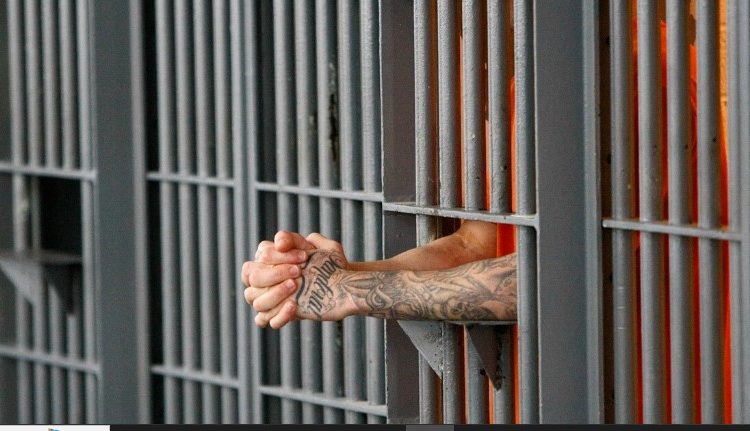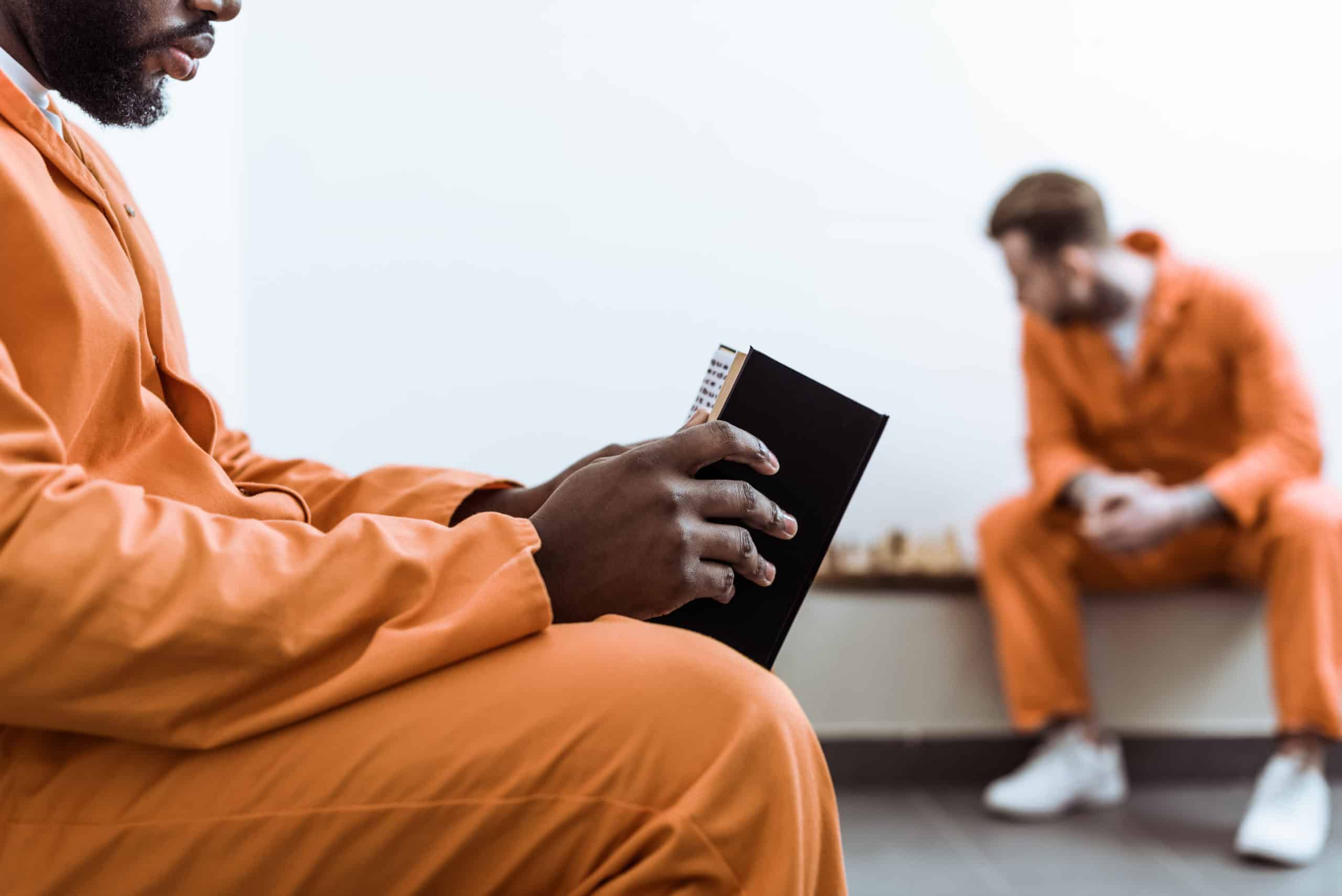Behind Bars, Beyond Chains: How the Church Can Embrace Prison Ministry and Transform Lives

Have you ever been behind bars—not in a physical prison, but in a spiritual one, bound by mistakes, regrets, or lost opportunities? For millions of Americans, the reality of being behind literal bars is a daily experience, and yet, an often overlooked ministry calls to those of us sitting in the pews: prison ministry. A recent study by Lifeway Research revealed a startling statistic: more than half of U.S. churchgoers have never participated in prison ministry. It’s a sobering reflection on the church’s potential to impact lives that desperately need healing, hope, and a second chance.

But here’s the twist: while many have not engaged in this crucial work, the majority express a desire to do so. They feel the pull to reach out, to serve, and to walk alongside families and individuals affected by incarceration. It’s not a lack of interest, but a perceived lack of opportunity and education that holds many back. Yet, the opportunity is right at our doorstep.
Behind the Bars of Inaction
Imagine a key hanging just outside a cell, within reach of the church. It dangles there, waiting for someone to unlock the door and enter a world where broken lives are in desperate need of restoration. For many congregations, this key represents the untapped potential of prison ministry. Scripture has always called believers to care for the marginalized and the forgotten. As James 1:27 says, we are to “look after orphans and widows in their distress,” while Proverbs 31:8–9 commands us to “speak up for those who cannot speak for themselves.”
The incarcerated are among the most voiceless in our society, and often, their families bear the brunt of societal judgment. The Body of Christ is called to love “the least of these” (Matthew 25:37-40), including the prisoner and the prisoner’s family. Yet, for too many churches, the cell door remains locked, not for lack of care, but for lack of stepping into action.

The Untapped Potential of the Local Church
Thousands of families in America face the pain of an empty seat at their dinner table every night because a loved one is behind bars. These families, often struggling with daily essentials like food and shelter, also need emotional support and predictable relationships. The local church is uniquely positioned to meet these needs, offering more than just spiritual counsel but also tangible help that mirrors the love of Christ.
Through programs like Prison Fellowship’s Angel Tree, churches in all 50 states are beginning to unlock doors, not just delivering Christmas gifts on behalf of incarcerated parents, but fostering year-round connections. These gifts are more than presents; they are a bridge to healing and reconciliation between children and their incarcerated parents. In addition, Prison Fellowship offers summer camps, mentoring, and ongoing support to ensure these children—and their families—feel seen, loved, and part of the wider church community.
Jermaine’s Story: A Life Transformed
Let me share the story of Jermaine—a story that encapsulates the transformative power of prison ministry. While serving time, Jermaine participated in an intensive Prison Fellowship program, where God began reshaping his heart and mind. Determined to be a better father, Jermaine signed his children up for Angel Tree, where church volunteers delivered gifts to his kids on his behalf, forming a lifeline of connection between them.
After his release, Jermaine found a home in Harvest Christian Center International in Leavenworth, Kansas. He wasn’t just another statistic, but a man with a future, nurtured by the church community. He began volunteering in student ministry, and eventually, with no prior political experience, Jermaine ran for office and was elected mayor of Leavenworth. His story of redemption doesn’t stop there; he now serves on Prison Fellowship’s staff, helping others navigate their reentry into society and faith.
Jermaine’s story is not an isolated one. It is a testament to what happens when the church steps beyond the walls of its sanctuary and into the lives of those society has deemed unworthy. His transformation is living proof that no one is beyond the reach of God’s grace.

Breaking the Spiritual Chains
As we reflect on the state of prison ministry today, we must remember that Christ’s mission was, in part, to set the captives free—not just from physical prisons, but from spiritual and emotional chains. He did not see the incarcerated as forgotten, but as loved. And as His hands and feet on earth, the Church is called to do the same.
Prison ministry is not just about reaching those behind bars; it’s about showing that no one is disqualified from grace. Jesus Himself was wrongly imprisoned and crucified, and in that unjust imprisonment, He paved the way for the greatest act of redemption the world has ever known. If we follow His lead, prison ministry can become a vibrant part of every congregation, transforming not just the lives of the incarcerated, but the hearts of those who minister to them.

A Call to Action: Unlocking the Future
There are keys hanging just beyond our reach, but within sight. They represent the chance to unlock doors for families like Jermaine’s, to build bridges for children who feel forgotten, and to restore hope to those who believe they are beyond saving. The opportunities are growing, and organizations like Prison Fellowship are expanding their reach in 2024, ready to partner with churches to unlock these doors.
As the Body of Christ, we have a profound responsibility. The harvest is ripe, and the workers are few—but the fields are ready. By engaging in prison ministry, we are not only fulfilling Christ’s mandate, but we are also unlocking our own potential as agents of His transformative love. And in that act, we will witness firsthand how the Gospel brings freedom to those both inside and outside of prison walls.




